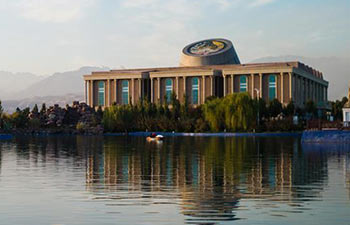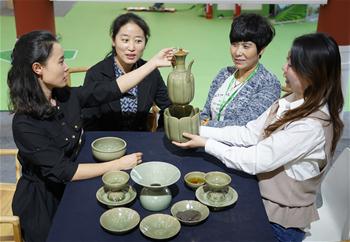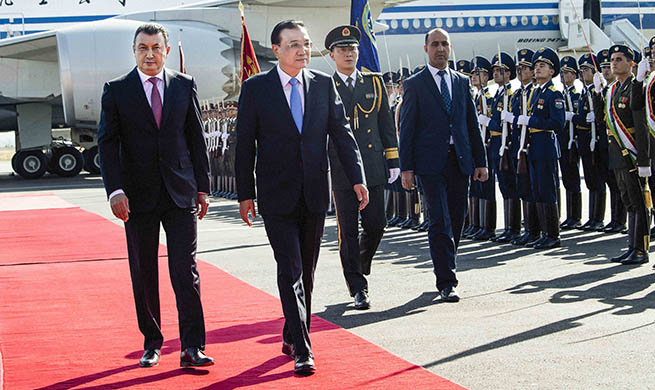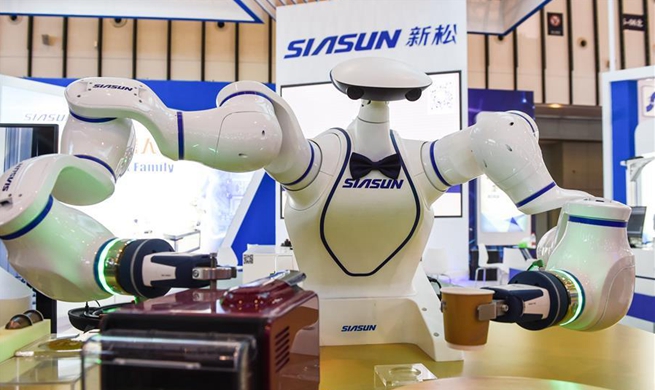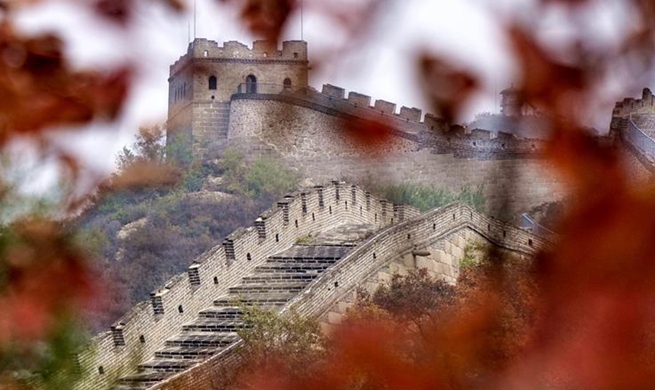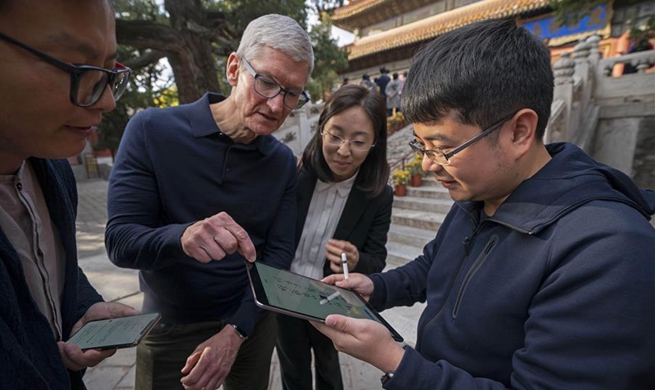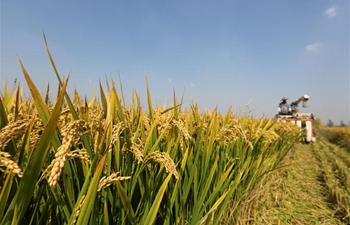BEIJING, Oct. 11 (Xinhua) -- The first China International Import Expo (CIIE), to be held in Shanghai from November 5 to 10, bodes new opportunities for the world economy, experts and importers say.
As the first state-level Import Expo in the world, CIIE marks the shift in China's economic development model from export-oriented to balancing import and export, said Liu Yingkui, a foreign investment expert at the China Council for the Promotion of International Trade Academy.
The Customs and Tariff Commission announced an import tariff reduction on 1,585 industrial products including machinery, parts and raw materials from November 1, after removing tariffs for most imported medicine in May and cutting tariffs on autos and consumer products in July. Average tariff is down 23 percent from last year to 7.5 percent.
Expanding import upgrades Chinese lifestyles, making high-quality products worldwide available at competitive prices. According to Liu Hong, manager of Canada-based Latitude 50 Ecology Group, seafood including salmon, oysters and lobsters from Canada can reach family tables in China's first-tier cities within 36 hours, owing to cold chain logistics technology and China's trade policies.
"The big tariff reduction on aquatic products in July has put us in advantage in Chinese markets," said Liu.
The Expo also serves to find homes for new technology, as world-leading lathe manufacturers are scheduled to debut a dozen of their latest models.
Forums will be held during the expo aimed at promoting economic and trade dialogues between participating countries. One of the forums under planning seeks to set up Chilean clean energy providers with Chinese companies, according to Wu Yuanfeng, a staff member of the Expo.
The Expo provides two standard booths free of charge for less developed countries in an effort to ensure diversity and inclusiveness of the event. More than 30 of the 44 least developed countries in the world will attend the Expo.
In the global backdrop of trade protectionism, the Import Expo is consistent with China's long-time effort to seek mutual benefits and advocate free trade, said Bai Ming, a researcher at the Ministry of Commerce.
"It shows the world all the trade opportunities they may miss when they miss out on the Chinese market."





